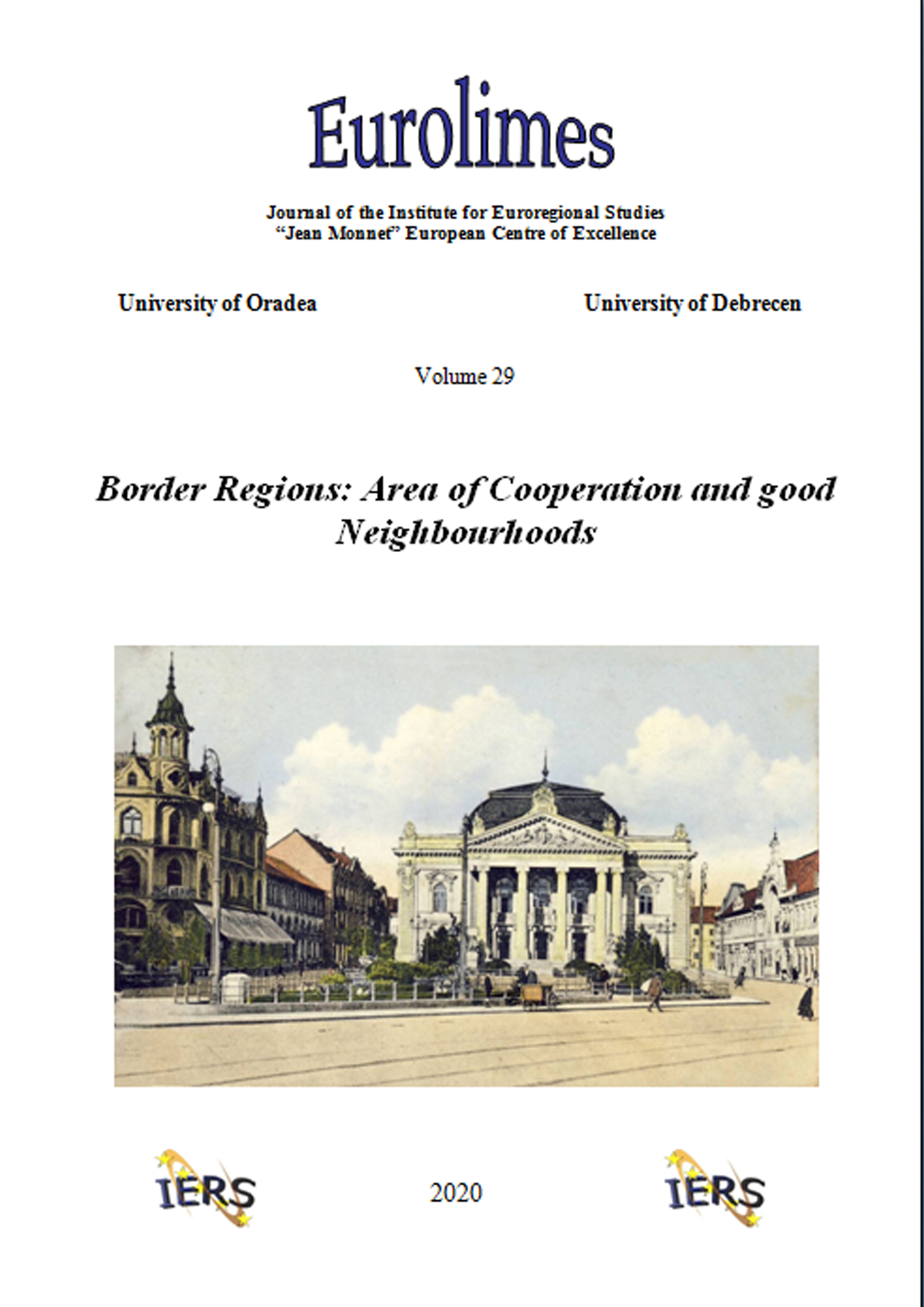Factors Contributing to Child Trafficking in Albania: Push Factors
Factors Contributing to Child Trafficking in Albania: Push Factors
Author(s): Salih Özcan, Eglantina FarrukuSubject(s): Politics / Political Sciences, Politics, Political Sciences, Governance, Corruption - Transparency - Anti-Corruption
Published by: Editura Universitatii din Oradea
Keywords: Albania; child trafficking; push factors; poverty; culture norms;
Summary/Abstract: Trafficking continues to be a very serious problem in Albania. Not much attention has been paid to addressing trafficking issues in Albania. Among the victims of trafficking, children are the most effected due to their vulnerability and the incapability to understand the danger of trafficking and to value importance of their fundamental human rights. On the other hand, children are not fully competent to determine and safeguard their interests. They rely on adults regarding many aspects of life. Cases of children exploited in terrible situations for labour and sexual purposes serve as a strong motivation for responsible stakeholders to take and implement successful strategies. Despite the commitment of state to combating this phenomenon, trafficking of children is still flourishing. Considering the increasing number of children is being trafficked, this paper aims to analyse the push factors that contribute to child trafficking in Albania. Trafficking is a very complicated form of exploitation that is influenced by economic, social and cultural factors. However, there are factors common to trafficking and other specific factors depending on different situations that the children face individually. Common factors are national or local ones referring to poverty, unemployment, lack of education, health and social services, inadequate legislation, corruption etc. While individual ones refer to dysfunctional families, domestic violence, culture and social norms etc. The study is based on qualitative method. The results of this study are also analysed in relation with the contemporary international literature on trafficking.
Journal: Eurolimes
- Issue Year: 29/2020
- Issue No: 29
- Page Range: 31-48
- Page Count: 17
- Language: English
- Content File-PDF

